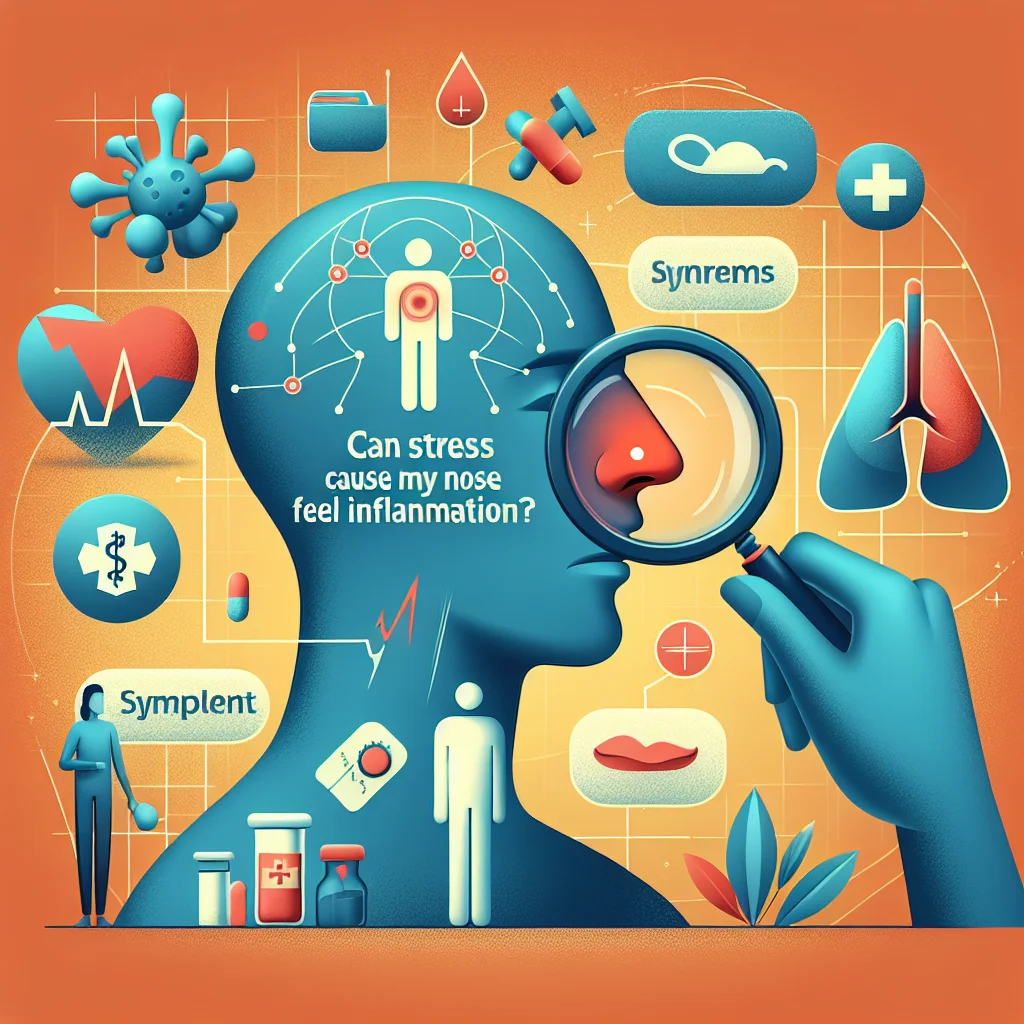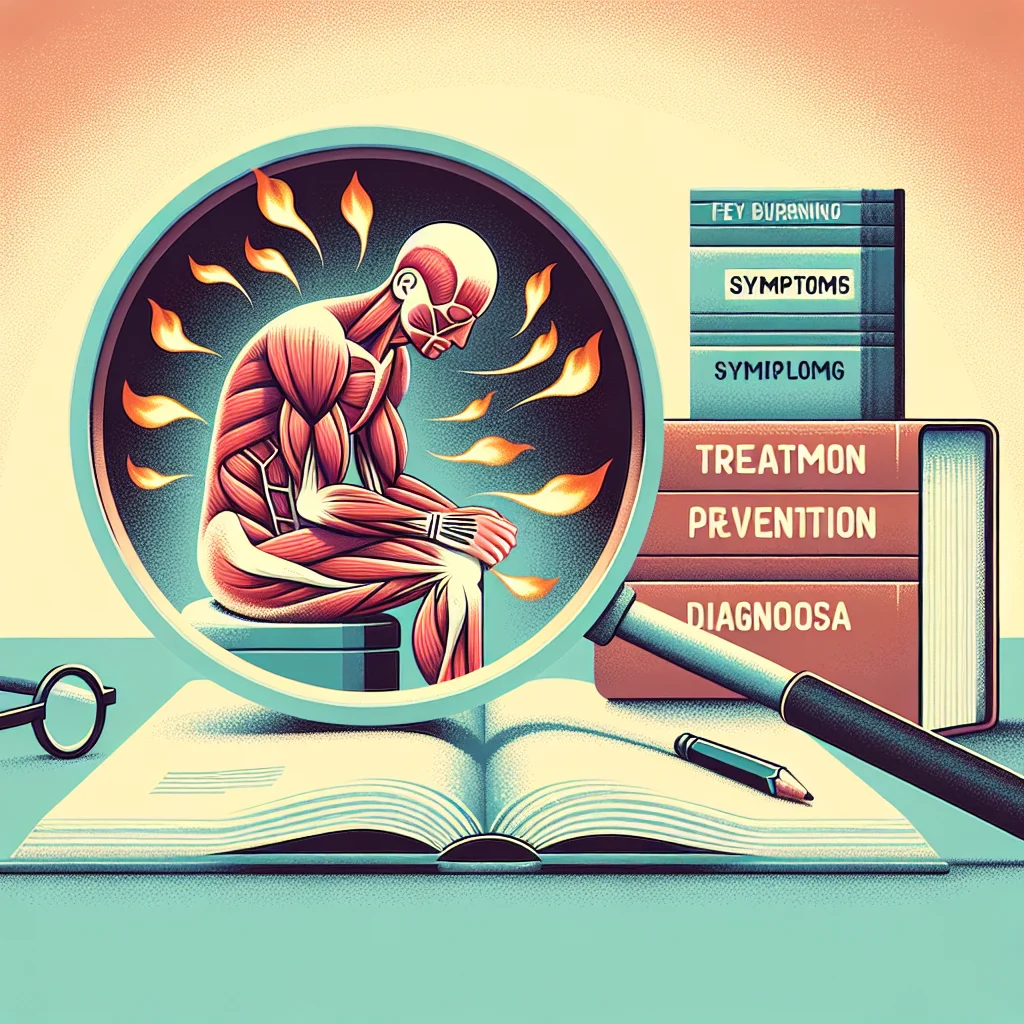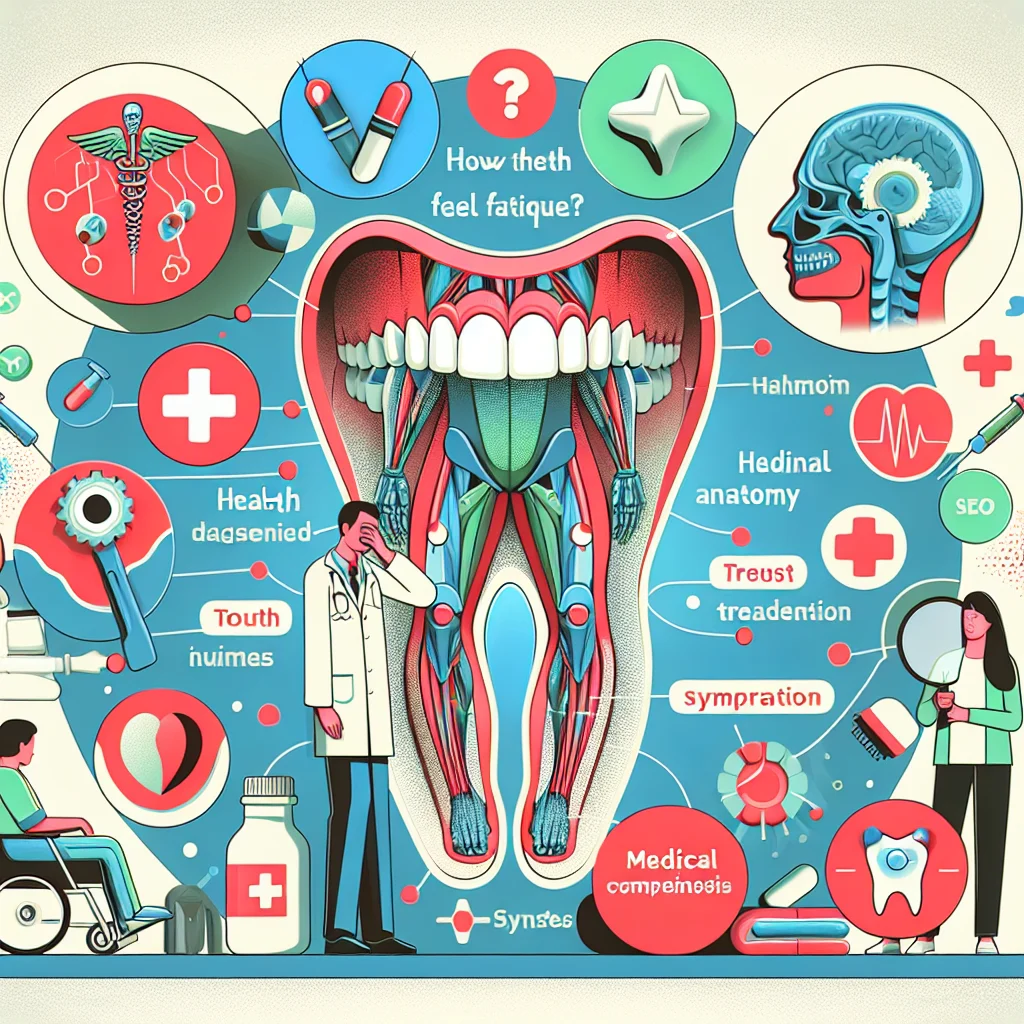
Possible Causes and Medical Insights
Tingling sensations in the nose can be caused by a variety of factors. Commonly, this symptom is linked to irritation of the nasal nerves, which may result from allergies, exposure to irritants, or even dry air. Allergens such as pollen, dust mites, or pet dander can trigger an immune response, leading to nasal tingling as the body tries to protect itself. Environmental factors like pollution, strong odors, or sudden temperature changes can also irritate the nasal passages, causing similar sensations.
Additionally, certain medical conditions might contribute to tingling in your nose. For example, sinus infections, migraines, or even neurological issues can sometimes present with this unusual symptom. In rare cases, tingling may be associated with nerve-related disorders or vitamin deficiencies, which can affect the way nerves transmit signals. Understanding the underlying cause is essential for effective treatment and relief, so monitoring associated symptoms can help guide the next steps in care.
Symptoms and Risk Factors
When your nose feels tingling, it may be accompanied by other symptoms such as itching, sneezing, nasal congestion, or a runny nose. These additional symptoms can help narrow down the possible causes. For instance, if you also experience watery eyes and frequent sneezing, allergies might be the culprit. In some cases, tingling may be a mild and temporary sensation, but if it persists or worsens, it could indicate an underlying health issue.
Certain risk factors can make you more prone to experiencing tingling in your nose. These include having a history of allergies, frequent exposure to environmental irritants, or a family history of sinus or neurological conditions. People who work in dusty or chemical-laden environments, or those with weakened immune systems, may also be at greater risk. Recognizing these risk factors can help you take steps to prevent or manage nasal tingling more effectively.
Diagnosis and When to See a Doctor
Diagnosing the cause of tingling in your nose often begins with a thorough review of your medical history and a physical examination. Your healthcare provider may ask about the duration and severity of your symptoms, as well as any known allergies or recent illness. Sometimes, additional tests such as allergy testing, nasal endoscopy, or imaging studies like a CT scan may be recommended to pinpoint the underlying cause.
It’s important to seek medical advice if your tingling nose is persistent, severe, or associated with other concerning symptoms such as facial numbness, difficulty breathing, or vision changes. These could be signs of a more serious condition that requires prompt attention. If you’re unsure about the cause or if over-the-counter remedies aren’t providing relief, scheduling a visit with your doctor can help ensure you receive the appropriate care and guidance.
Prevention and Home Remedies
There are several steps you can take at home to reduce the likelihood of experiencing tingling in your nose. Maintaining good indoor air quality by using air purifiers and keeping your living spaces clean can minimize exposure to allergens and irritants. Staying hydrated and using a humidifier during dry weather can also prevent nasal dryness, which is a common trigger for tingling sensations.
For immediate relief, gentle nasal rinses with saline solutions can help soothe irritated nasal passages. Avoiding known triggers, such as strong perfumes or smoke, can also make a significant difference. If allergies are a known cause, over-the-counter antihistamines may be helpful, but always consult a healthcare provider before starting new medications. Practicing good self-care and being attentive to your environment can go a long way in preventing and managing tingling in your nose.














